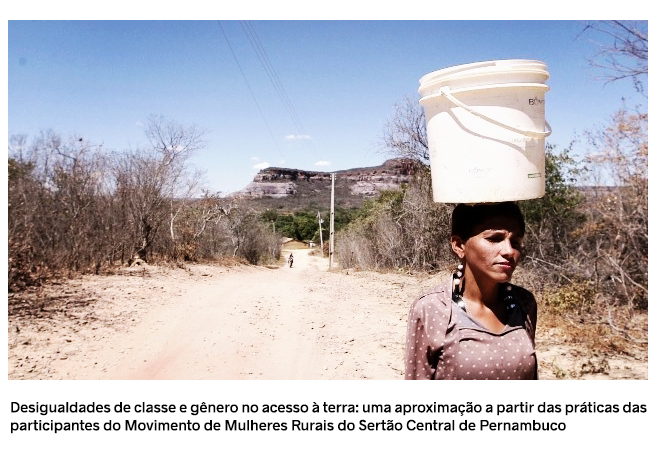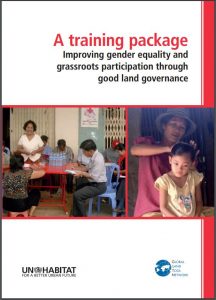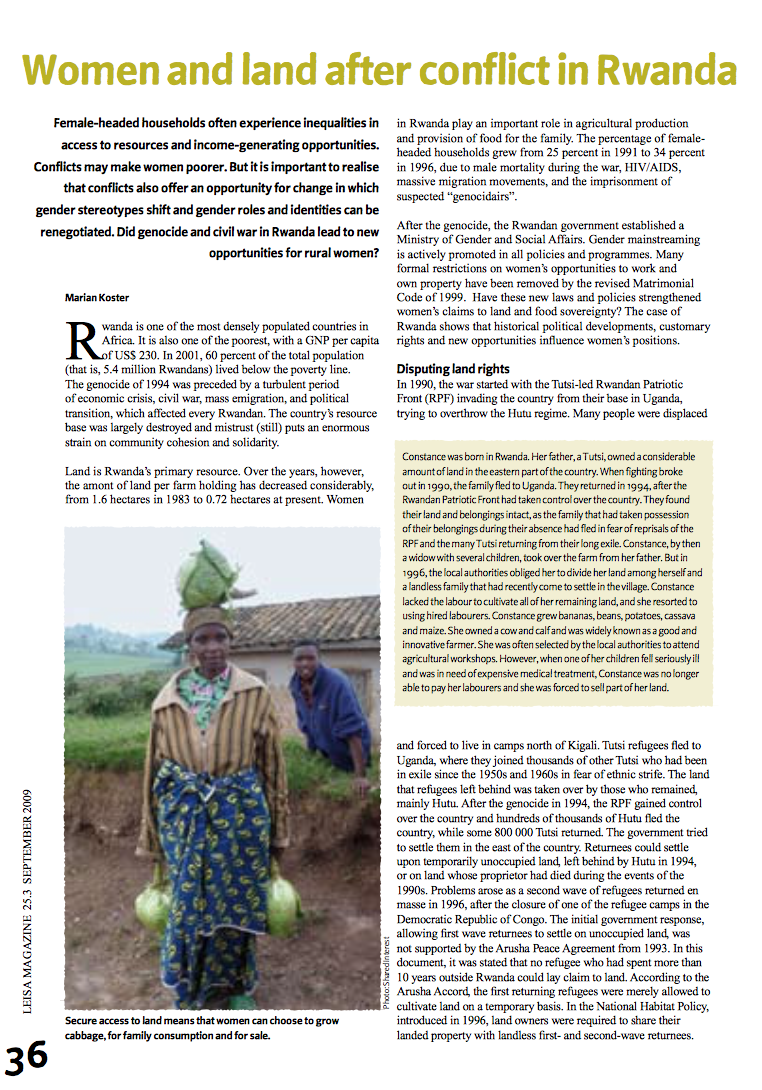Enhancing agricultural productivity and profitability in Nigeria
Much of Nigeria's recent economic growth can be attributed to its non-oil economy-primarily agriculture. But the recent agricultural growth has been driven mainly by expansion in areas planted while productivity has remained flat or declining. This brief provides insight for formulating policies and strategies to enhance profitability and productivity of major crops across Nigeria's agroecological zones.







